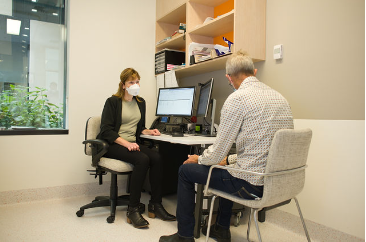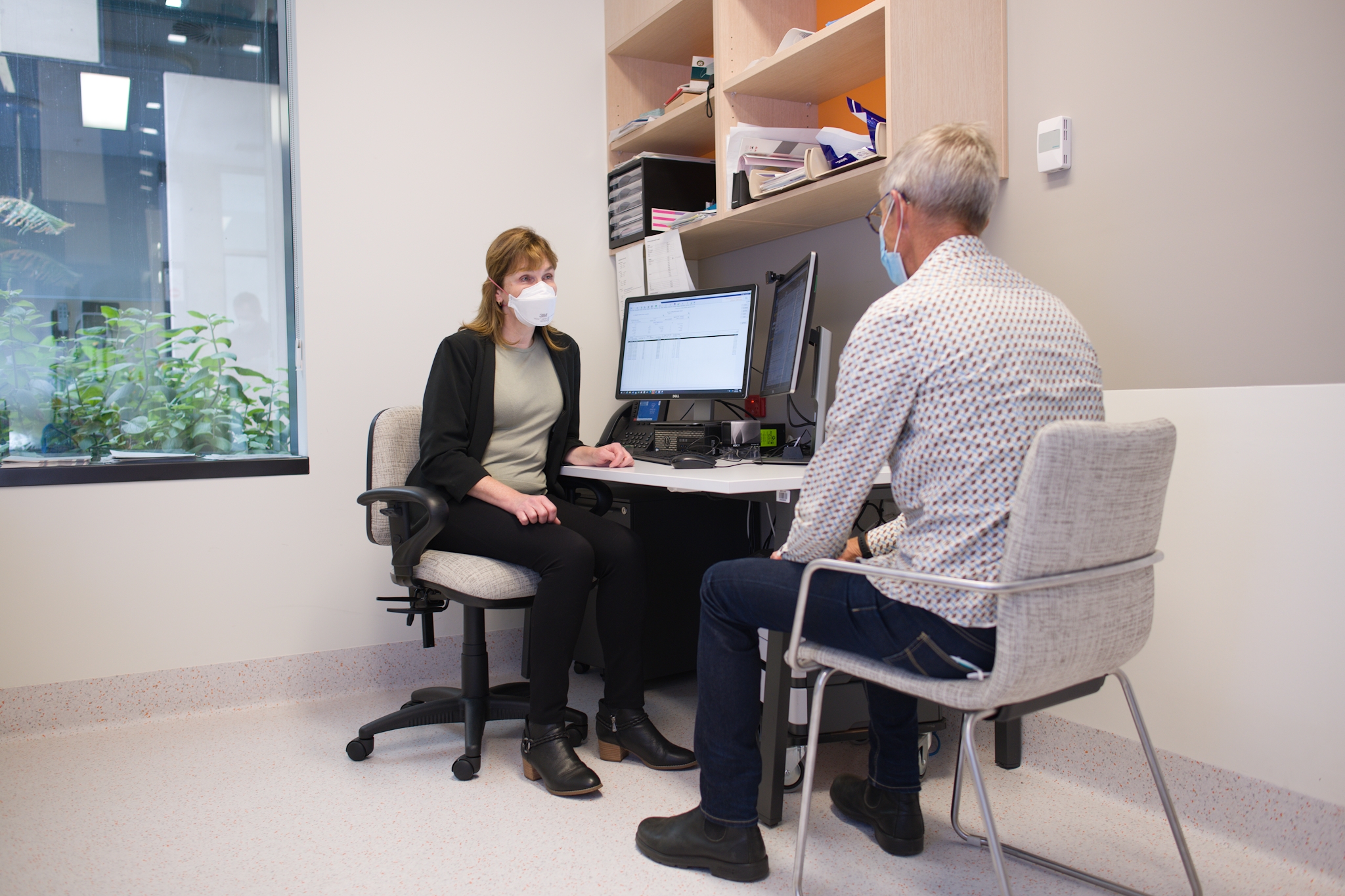
This page provides information on the pathway to a CUP or primary cancer diagnosis. This includes a section that provides tips and advice that can be useful in consultations with your doctor. There is also a section that explains the staging system of cancer and what stage CUP is.
Initial tests and investigations
Further tests and investigations
Tips and advice for consultation/s with your doctor
Second opinion
You can ask your doctor for a second opinion to confirm your doctor’s recommendations and reassure you that all your options have been explored. Your doctor can refer you to another specialist and send your test results and medical history to them.
You can ask for a second opinion at any time during your diagnosis or treatment. You might speak to:
Similarly, during the initial testing phase,you can ask your doctor if another hospital or health facility have specialised tests available that can help find the primary cancer.
Further information on getting a second opinion:
Getting a Second Opinion | Your Rights | Cancer Council NSW
Doctors conduct a range of tests to determine the size of the tumour, if it has grown over time, and if it has spread to other parts of the body. This is called staging and it helps inform doctors on the best treatment plan for their patients. Each cancer has slightly different staging systems. For most types of cancer, there are 4 stages:
There is NO staging system for CUP as doctors do not know where the primary cancer is. However, as the cancer has spread, CUP is considered to be a Stage 4 or an advanced cancer. Therefore, the goal of treatment in many cases may not be to eliminate or remove the cancer, but to focus on slowing down the spread of cancer, controlling symptoms and maintaining the best possible quality of life. Patients with only localised areas of CUP cancer may be suitable for local treatment with the intent of completing removing the cancer, either with surgery or radiotherapy.
Here are the links to other information pages to learn more about different aspects of diagnosis. You may also use the quick links on the right side of the page to navigate.

Most people are diagnosed with cancer of unknown primary (CUP) after they have symptoms or become unwell. Some people may be diagnosed during tests for another health condition. When cancer is suspected, you might be referred for tests or to a specialist.

The treatment you have depends on a number of things, including where the cancer is and your general health. A team of doctors and other professionals discuss the best treatment and care for you. The main treatment for Cancer of Unknown Primary is cancer drugs, most commonly chemotherapy. You may also have radiotherapy to help to control your symptoms and hormone therapy.




